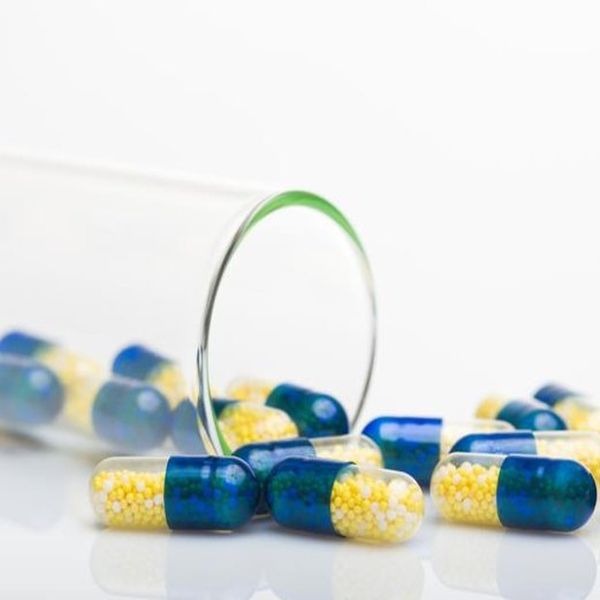Manganese is a trace mineral that the body needs to metabolize amino acids, carbohydrates, glucose and cholesterol. It also helps reduce inflammation and maintains nervous system function. However, the body only needs small amounts of it. It cannot produce manganese, but it stores it naturally in the kidneys, liver, pancreas and the bones. You can find this essential nutrient in small amounts in seeds and whole grains, as well as legumes, spinach, nuts and green and black tea.
Manganese may provide a number of health benefits. It may strengthen bones, reduce inflammation and relieve premenstrual syndrome (PMS).
Bone Health
Approximately 50 percent of postmenopausal women and 25 percent of men older than 50 will experience osteoporosis. But manganese may help strengthen bones and prevent breaks with the help of other minerals—calcium, zinc, copper, magnesium and Vitamin D. In fact, a one-year study showed that these nutrients may improve bone mass in a sample size of women with weak bones.
Antioxidant Properties
Free radicals are molecules that can damage cells. Antioxidants are important because they help protect the body from free radicals. Manganese helps create a very important antioxidant enzyme called superoxide dismutase (SOD). It breaks up a dangerous free radical called superoxide into smaller molecules that won’t cause damage. A number of studies propose that antioxidant nutrients may reduce free radicals and improve certain conditions, including inflammatory disorders.
For example, osteoarthritis is a degenerative joint disease triggered by inflammation of the membrane inside the joints. Manganese may help reduce inflammation and research suggests it may be an effective therapeutic agent for inflammatory disorders. In a study of 34 males with chronic pain, manganese supplements appeared to decrease inflammation, specifically in the knees.
In another study of 93 people with osteoarthritis, 52 percent reported improved symptoms with manganese and chondroitin supplements for four to six months. However, the supplement only seemed to help those with minor osteoarthritis and those with severe cases did not report improved symptoms.
Premenstrual Symptoms (PMS)
Women often experience premenstrual symptoms (PMS) during their menstrual cycles. The symptoms can include cramps, pain, mood swings, anxiety and sometimes depression. Therefore, researchers conducted various studies to address these conditions, including the effect of manganese. Research shows that manganese in combination with calcium may help improve PMS symptoms. However, researchers are still unsure whether the positive effects were a result of each individual nutrient alone or a combination of the two.
Epilepsy
Epilepsy is a condition characterized by unpredictable seizures. They are most frequently caused by strokes, (x) which result from decreased blood flow to the brain (x). Several studies suggest that since the brain holds manganese, people with epilepsy may have lower levels of it. However, some researchers hypothesize that the deficiency causes seizures and some think the opposite, that the seizures reduce manganese in the blood.
Post time: Jul-01-2020
